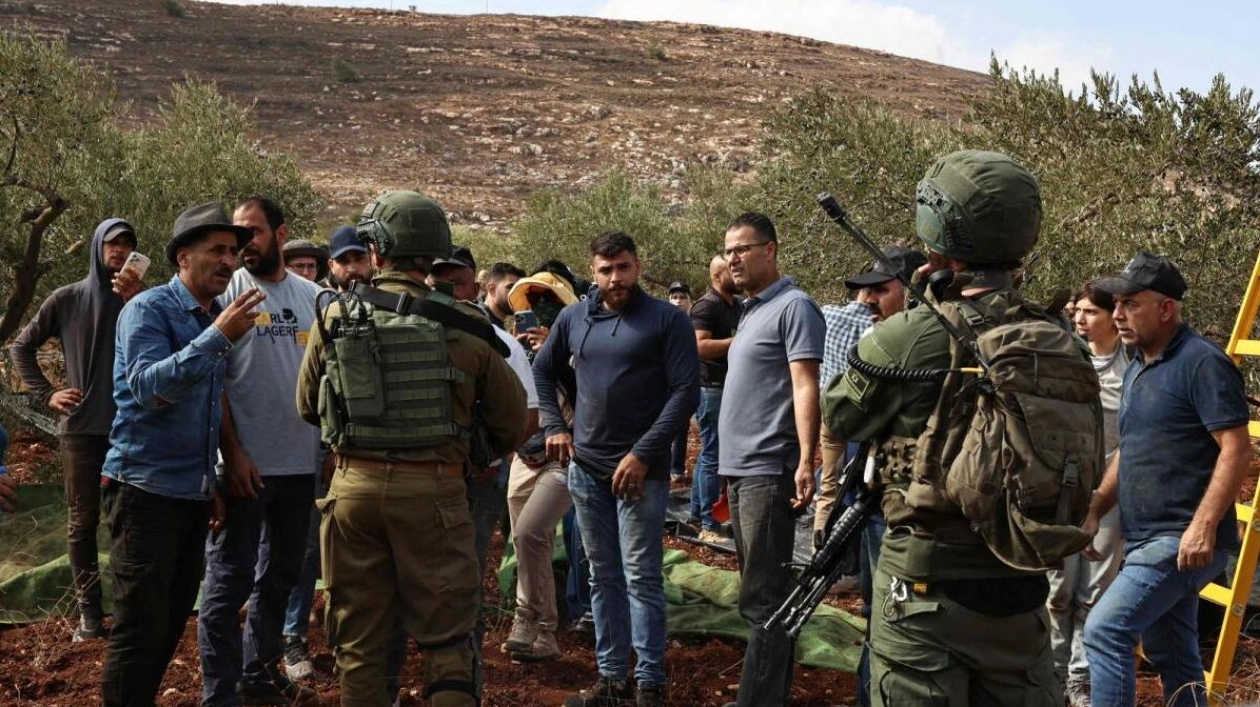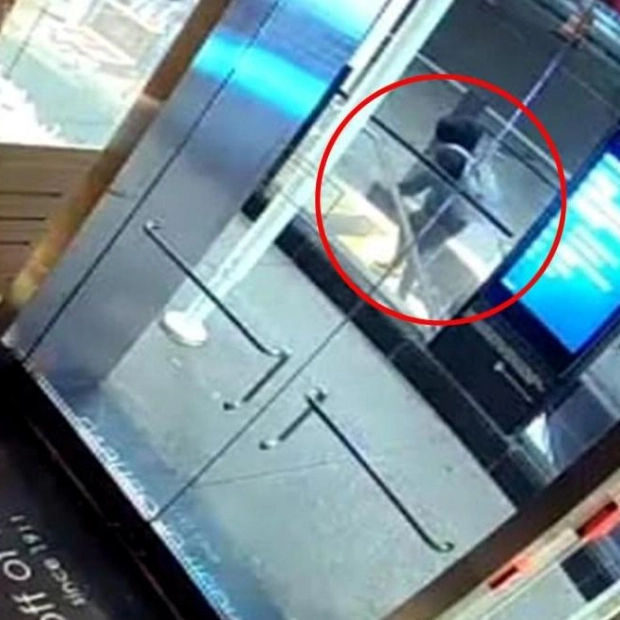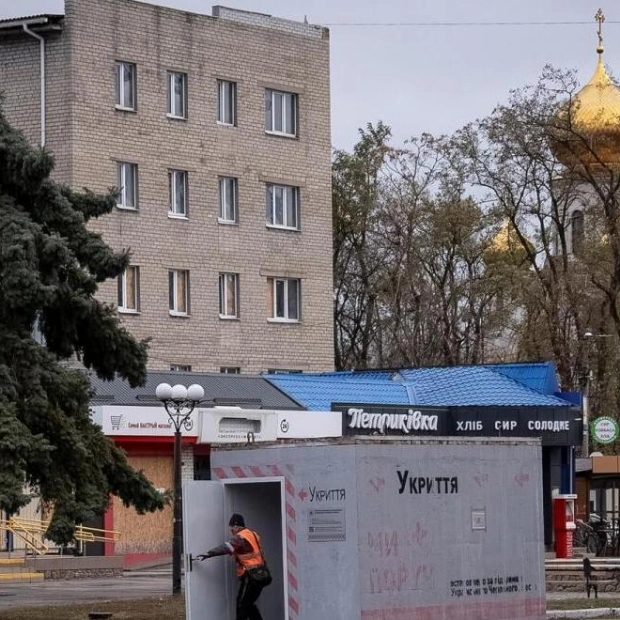Israeli forces instructed Palestinian farmers and volunteers assisting them to vacate the field during the olive harvest in the village of Qusra, south of Nablus, in the occupied West Bank, on October 15, 2024. — AFP
Following a year of unending conflict, Gaza's olive harvest is expected to decline, while Palestinian farmers in the occupied West Bank are apprehensive about tending to their groves due to settler assaults. For generations, olive harvests have been integral to Palestinian life and culture.
"We are pleased that the olive season has commenced, but we are fearful because we are in a state of war," said Rami Abu Asad, a farmer in Deir El Balah, central Gaza. Workers picking olives manually remain vigilant, listening for drones or warplanes that might strike without warning.
"But it is evident (to Israeli forces) that we are merely workers and do nothing else," he stated, referring to a broad Israeli military operation in Jabalia, less than 20km to the north. Israel has been engaged in conflict with Hamas in Gaza since the October 7 attacks last year, which resulted in the deaths of 1,206 people, predominantly civilians, according to an AFP tally of official Israeli figures.
Israel's retaliatory strikes in Gaza have claimed 42,603 lives, the majority of whom were civilians, according to data from the health ministry in the Hamas-run territory, deemed reliable by the UN. The ongoing war has reduced vast areas of Gaza to ruins, with about 68% of the territory's agricultural areas damaged by the conflict, rendering farmers unable to fertilize or irrigate their land, the UN reports.
"The number of remaining olive trees is very limited, and the costs are exorbitant," Asad added. Jamal Abou Shaouish, an agricultural engineer, anticipates this year's harvest in Gaza to yield just 15,000 tonnes, a sharp decline from around 40,000 tonnes in the years preceding the war.
Supply shortages and destruction caused by the war will also affect the quality of olives, while pressing prices have surged due to the lack of fuel needed to operate the machinery required for sorting and pressing the oil. In the West Bank, the harvest has been overshadowed by perennial fears of attacks by Israeli settlers, who frequently prevent Palestinians from accessing their olive groves or outright destroy their orchards.
For Khaled Abdallah, he has made the difficult decision not to harvest the olives this season on his land near the Beit El settlement. "I didn't even contemplate going to these lands close to the colony, because the situation is extremely perilous," he said, opting instead to focus on harvesting olives from a separate property in the village of Jifna, north of Ramallah.
Like other Palestinians who own olive groves near the settlements, Abdallah coordinated with Israeli advocacy organizations to obtain special permits for the crops. "But there are no longer any rights organizations capable of shielding us from settler attacks, and there is no longer any coordination," he lamented.
Olive groves have long been vital to the economy and culture of the West Bank, but have also been the scene of violent confrontations between farmers and encroaching Israeli settlers for decades, with disputes often centering on land access. In the past, settlers have assaulted Palestinians, set fire to or damaged their crops, stolen sheep, and blocked them from reaching their land, water, and grazing areas, according to the UN.
And since October 7, the violence has escalated. Attacks by settlers have increased "significantly" this year, said the Israeli human rights group Yesh Din. According to the group's spokesperson Fadia Qawasmi, farmers from the village of Madama, south of Nablus, were prevented from accessing their plots for three years. Settlers also damaged their vehicles.
"The owners were expelled from their land by settlers from Itamar," said Abdallah Ziada, head of the Madama village council. "Every day there are clashes." "We cannot discern those who arrest us — if they are settlers or soldiers, because they are sometimes in civilian clothes and armed, and other times in military uniform," Ziada added.
Earlier this week, the Palestinian health ministry in Ramallah reported that Israeli forces shot and killed a woman in Faqoua village near Jenin while she was harvesting olives. The Israeli military stated it had prepared for the harvest season even during the time of war.
"This is done out of a commitment to maintaining the security of the area and its residents, while at the same time allowing the local residents to harvest their crops," the military said in a statement to AFP. "IDF (Israeli military) forces are securing the harvest in the coordinated areas."
For many impoverished Palestinian families, the olive season provides a crucial source of income. Earlier this week, UN experts declared that Palestinian farmers in the occupied West Bank are facing "the most perilous olive season ever."
Source link: https://www.khaleejtimes.com






